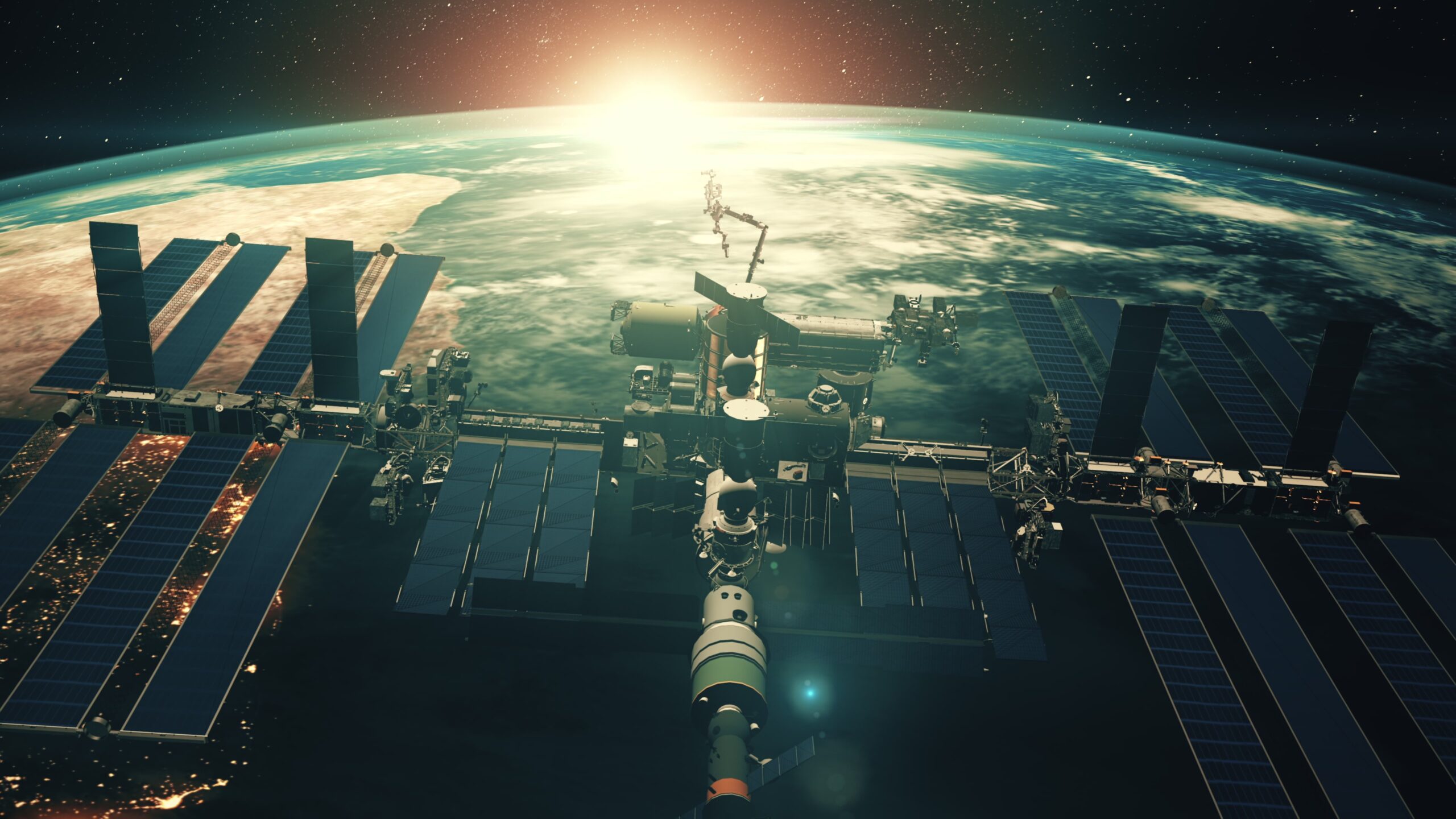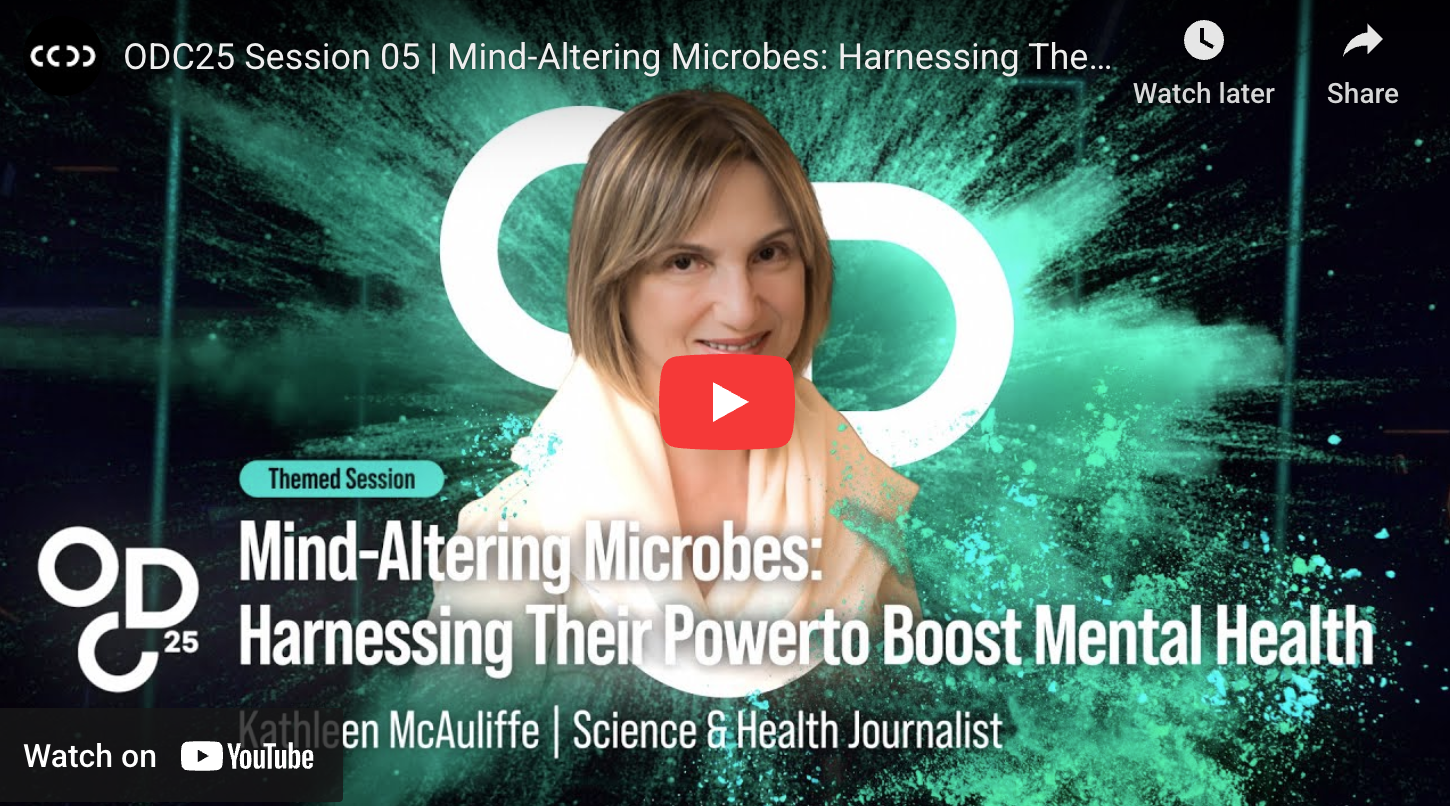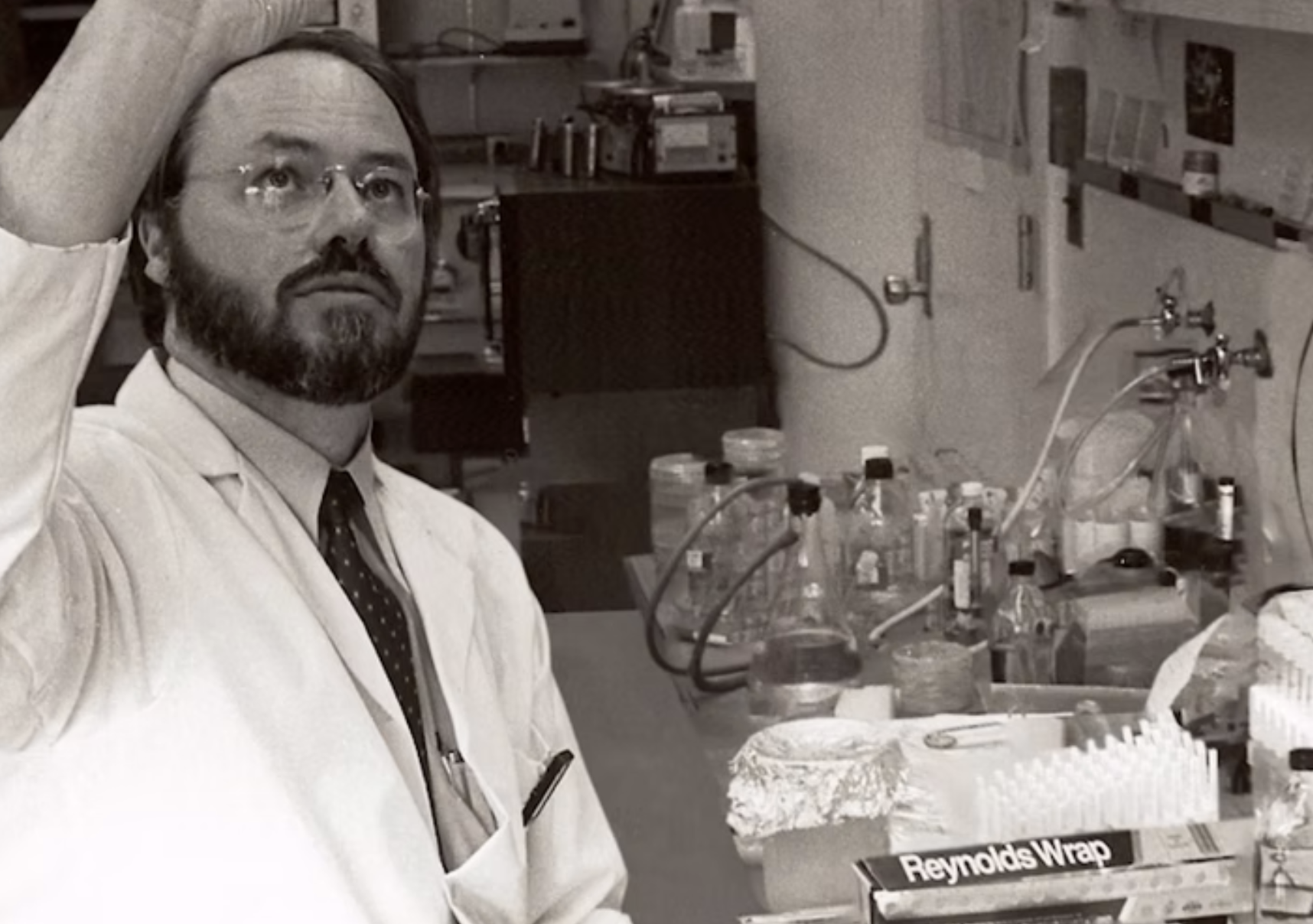What can a Korean drama and organoid research teach us about love and survival in space?
In the drama Ask the Stars, a love story unfolds aboard a space station, weaving emotional narratives against the backdrop of a zero-gravity environment. The series depicts how humans adapt to the physical and psychological challenges of space—a theme mirrored in groundbreaking organoid research aboard the International Space Station (ISS). Organoids, miniature lab-grown organs, are used to study how microgravity impacts cellular processes such as tissue regeneration and signal transmission, offering critical insights into human biology.
In 2024, ISS researchers advanced studies on brain, liver, and heart organoids, examining how microgravity alters gene expression and tissue function. These findings are not only crucial for astronaut health but also for developing new treatments for conditions like muscle atrophy and organ failure back on Earth. Such studies underscore the resilience and adaptability of human biology, even in the most extreme environments.
This connection between art and science has broader implications. Just as Ask the Stars inspires empathy for human experiences in space, organoid research fuels hope for medical advancements and sustainability in extraterrestrial settings. Together, they remind us of the importance of innovation and imagination in shaping our shared future.






